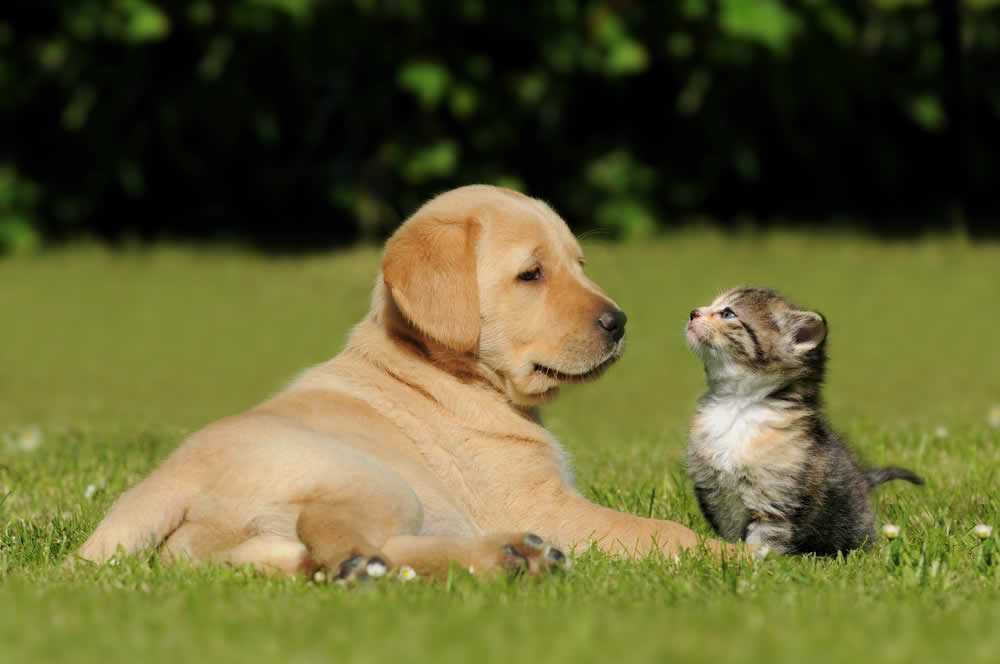Worming
Puppies and Kittens
 Puppies can have roundworms from birth and can pick up more from the bitch’s milk whilst suckling. They can re-infest their mother from about three weeks of age. This is via the passage of eggs within the faeces which the mother cleans up. Kittens can be infected after a few weeks of life.
Puppies can have roundworms from birth and can pick up more from the bitch’s milk whilst suckling. They can re-infest their mother from about three weeks of age. This is via the passage of eggs within the faeces which the mother cleans up. Kittens can be infected after a few weeks of life.
In the young animal worms can inhibit growth and nutrition, and in severe cases result in “stunting”. It is also possible for some worms to migrate through body tissue causing damage along the way.
Tapeworms are less of a problem in young animals. The most common sources of tapeworm infestation are from fleas (thus flea control is important). There are other species of tapeworm which can be picked by eating small creatures or raw meat.
Thus, tapeworm infestation is more likely to be associated with adult dog and cat lifestyles.
There are many worming products on the market with different protocols depending on the active ingredient and the age of the pet. Some products contain older drugs which may be less effective. More modern products are usually more effective, easier to administer, safer, and need less frequent dosing.
Please ask for our advice on the best current products to use (as a guide puppies and kittens will usually need worming approximately every few weeks).
Adult dogs and cats
Adult dogs and cats can be infested with both roundworms and tapeworms. Modern multi-wormers will deal with both groups (and also lungworms – although this is not especially common in this area).
The current recommendation by the British Small Animal Veterinary Association and the World Health Organisation is to worm adult pets based on a risk assessment of their lifestyle and habits. If in doubt, worm your dogs and cats four times per year (ie, every 3 months).
Human health
There is a risk to humans of being infested with worms from dogs and cats. Although the risk is low, it is more likely to occur in children where the worms can migrate themselves through the body and, in some cases, can cause permanent damage to a child’s eyesight.
The risk can be greatly minimised by teaching children good pet hygiene practice (eg, washing hands before eating, not allowing the pet to lick their face, etc) and, of course, by regular worming.
We will do our best to accommodate your busy schedule
Please note that you do not have an appointment until you receive confirmation from us. Thank you


